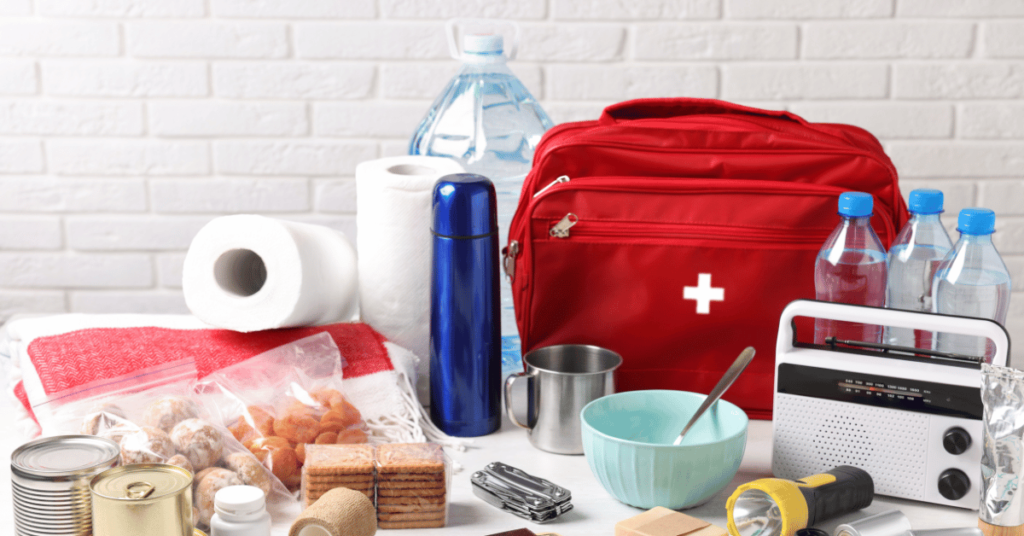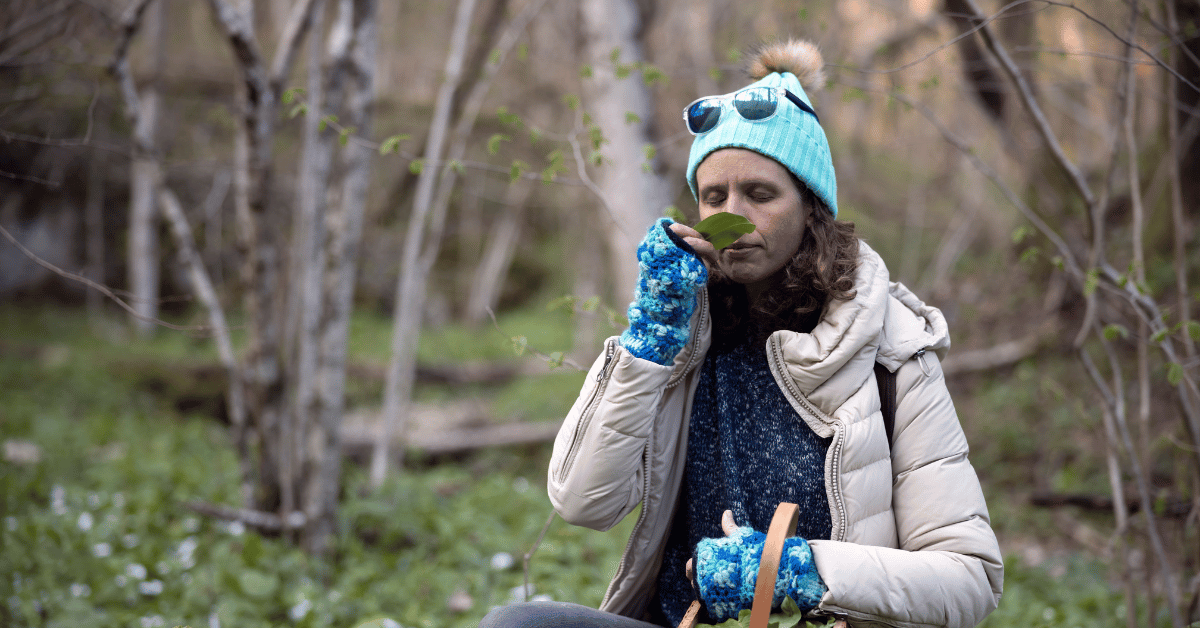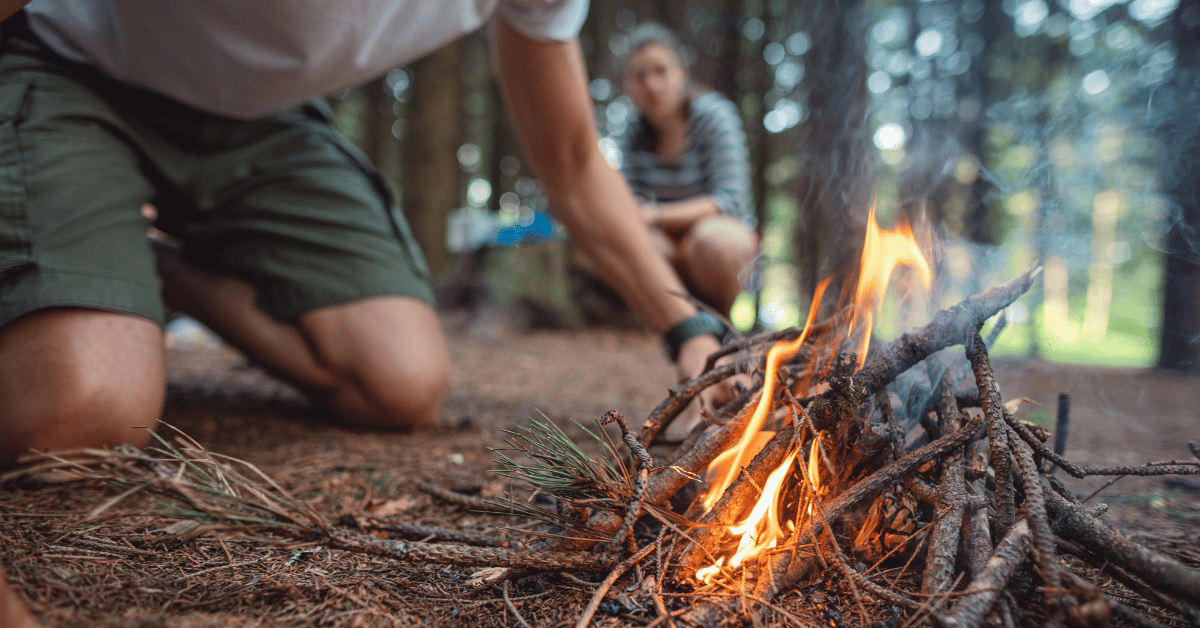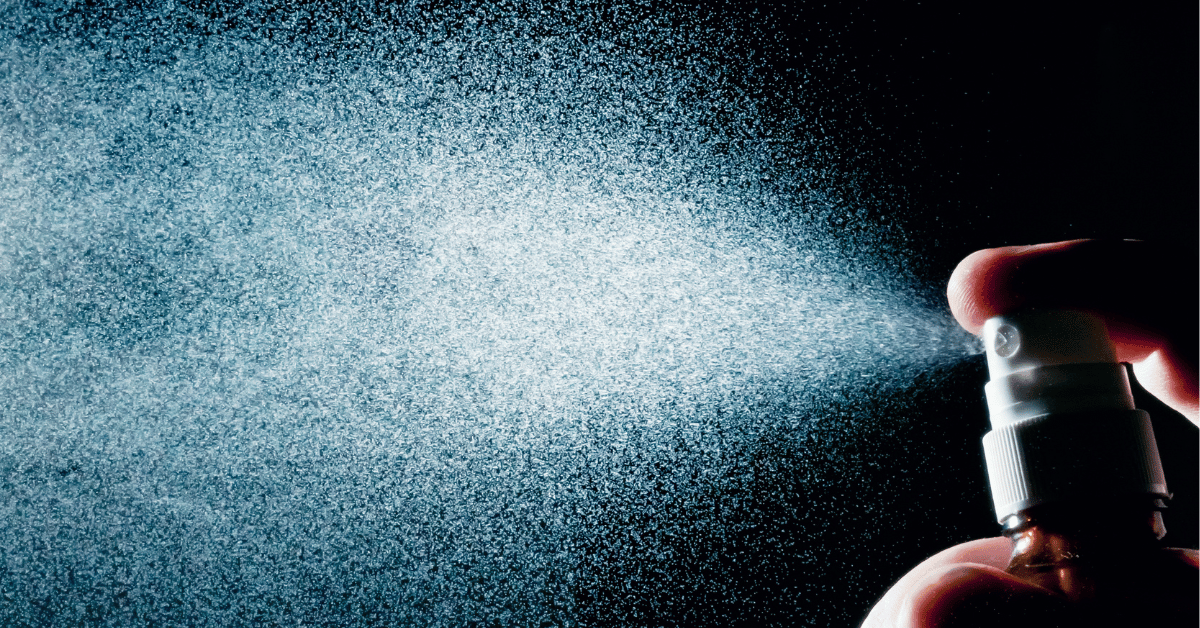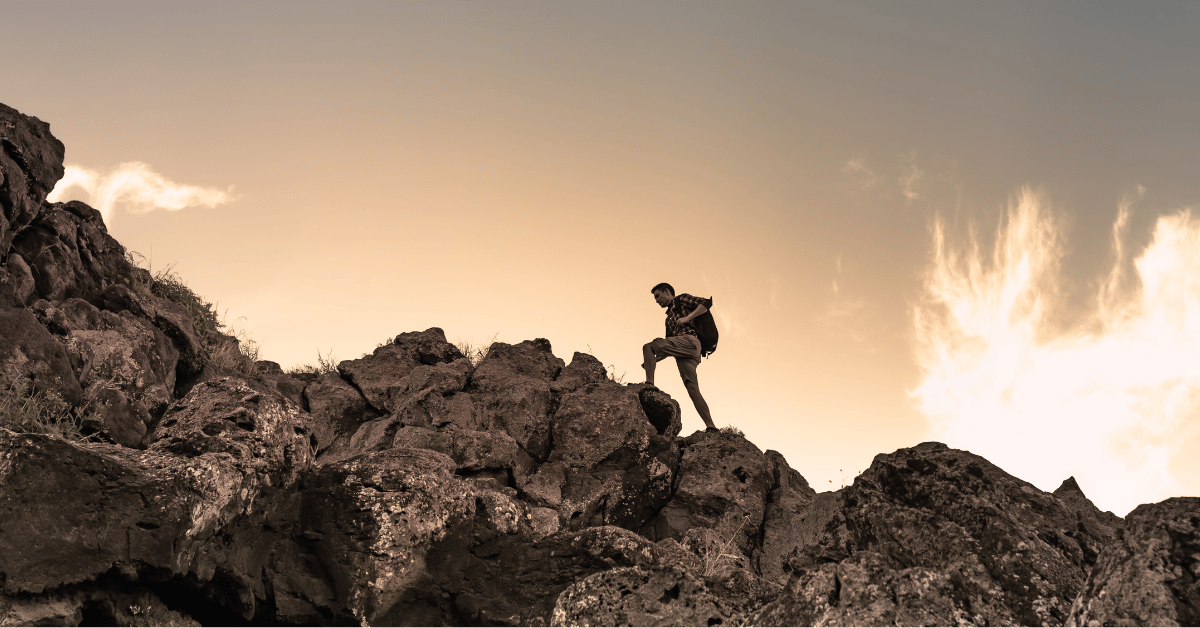Having an emergency first aid kit is essential for handling injuries and medical emergencies at home, in the car, or during outdoor adventures. Whether it’s a small cut, a burn, or a serious wound, being prepared with the right medical supplies can make all the difference. Here are the 10 must-have items for every first aid kit.
1. Bandages & Gauze
For covering wounds, stopping bleeding, and preventing infections.
Must-Have Bandages:
- Adhesive bandages (Band-Aids) for small cuts.
- Sterile gauze pads for larger wounds.
- Elastic bandages for sprains and strains.
✔ Tip: Keep different sizes to handle various injuries.
2. Antiseptic & Disinfectants
For cleaning wounds and preventing infections.
Best Disinfectants to Include:
- Antiseptic wipes (alcohol or iodine-based)
- Hydrogen peroxide or rubbing alcohol
- Antibiotic ointment (Neosporin)
✔ Tip: Alcohol wipes are great for disinfecting hands and tools in an emergency.
3. Pain Relievers & Medications
For treating headaches, fever, and minor aches.
Essential Medications:
- Aspirin, ibuprofen, or acetaminophen
- Antihistamines for allergies
- Prescribed medications (if applicable)
✔ Tip: Store medications in a waterproof container.
4. Tweezers & Scissors
For removing splinters, cutting tape, or trimming bandages.
Why They’re Essential:
- Tweezers help remove debris from wounds.
- Scissors make it easy to cut medical tape or gauze.
✔ Tip: Opt for stainless steel tools for durability.
5. Emergency Blanket
For keeping a person warm in shock situations.
Why You Need It:
- Retains body heat in cold conditions.
- Lightweight & compact for easy storage.
✔ Tip: Mylar blankets are excellent for both survival and medical emergencies.
6. CPR Mask or Face Shield
For performing safe rescue breaths during CPR.
Key Features:
- One-way valve to prevent contamination.
- Compact design for easy portability.
✔ Tip: Learn basic CPR training to be better prepared in emergencies.
7. Medical Gloves
For protecting yourself and the injured person from infection.
Best Types of Gloves:
- Nitrile gloves (latex-free and durable)
- Disposable gloves (for single-use applications)
✔ Tip: Always carry multiple pairs for different situations.
8. Medical Tape & Wound Closures
For securing bandages and closing small wounds.
Must-Have Wound Care Supplies:
- Medical adhesive tape
- Steri-Strips or butterfly closures
✔ Tip: These are great alternatives to stitches for minor cuts.
9. Instant Cold Pack
For reducing swelling and relieving pain from injuries.
Why You Need It:
- No refrigeration needed
- Activates instantly when squeezed
✔ Tip: Keep at least two packs for multiple-use situations.
10. First Aid Manual
For guiding you through emergency medical procedures.
Why It’s Essential:
- Step-by-step instructions for handling medical crises.
- Great for beginners with no medical training.
✔ Tip: Choose a manual with illustrations and survival tips.
Final Thoughts: Be Prepared for Any Medical Emergency
An emergency first aid kit is a must-have for every home, car, and travel bag. Make sure you regularly check and restock your kit so that you’re always prepared.
💡 Get the Best Emergency First Aid Kit Now! Click below to check out top-rated medical kits on Amazon.
💡 Loved this product? Order it now from Amazon — just click here!
